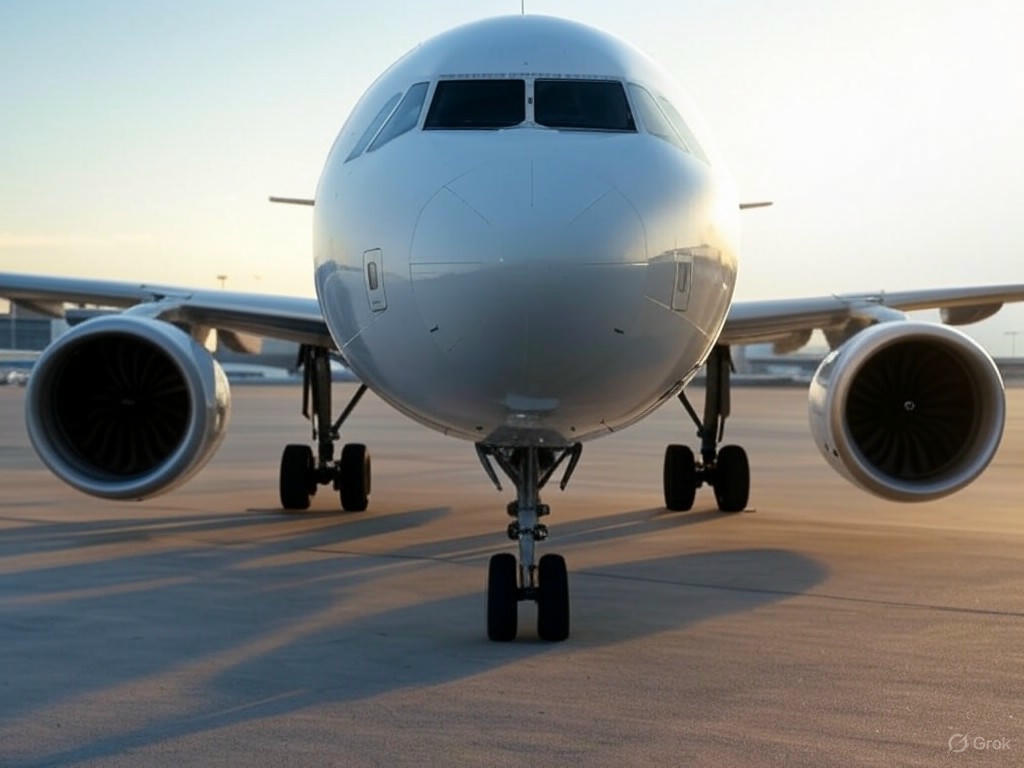The Paris Air Show, a marquee event for the aviation industry, took center stage this year with Airbus announcing nearly $10 billion in new orders, reinforcing its dominance in the global aircraft manufacturing market. The European giant showcased its resilience and strategic prowess, securing deals with several international carriers eager to modernize their fleets. Despite the celebratory mood surrounding these agreements, the event was tinged with somber reflection due to a recent tragedy involving an Air India flight, casting a shadow over the industry’s achievements and reminding attendees of the critical importance of safety in aviation.
At the heart of Airbus’s success at the show was its ability to capitalize on the growing demand for fuel-efficient and technologically advanced aircraft. Airlines from Asia, the Middle East, and Europe signed contracts for a mix of narrow-body and wide-body jets, signaling confidence in Airbus’s product lineup. The A320neo family, known for its cost-saving features, emerged as a favorite among buyers, while long-haul carriers showed interest in the A350, a model designed for extended routes with lower carbon emissions. Industry analysts noted that these orders reflect a broader trend of airlines investing in sustainability, driven by both regulatory pressures and public demand for greener travel options. Airbus’s commitment to innovation clearly resonated with its clients, positioning the company as a leader in addressing the sector’s evolving needs.
Meanwhile, the absence of a strong presence from Boeing, Airbus’s primary rival, was keenly felt at the Paris event. Typically, the two aerospace titans engage in a fierce competition for blockbuster deals at such gatherings, but Boeing opted for a more subdued role this year. Speculation abounds that the American manufacturer is grappling with internal challenges, including production delays and ongoing scrutiny over past safety concerns. This shift allowed Airbus to command the spotlight, further solidifying its market share and sending a message to investors about its competitive edge. However, some experts caution that Boeing’s quieter approach may be a strategic pause rather than a retreat, hinting at a potential comeback in future shows.
Beyond the business triumphs, the Air India disaster loomed large over discussions at the event. While details of the incident remain under investigation, it served as a poignant reminder of the stakes involved in aviation. Industry leaders, including Airbus executives, emphasized the need for continuous improvements in safety protocols and technology to prevent such tragedies. The mood at the Paris Air Show was a complex blend of optimism for the future of air travel and a renewed commitment to ensuring passenger security. As Airbus celebrates its latest achievements, the broader aviation community is left to reflect on how growth and innovation must always be balanced with an unwavering focus on safety. The road ahead for the industry promises both opportunity and responsibility, with events like these shaping the trajectory of global air travel for years to come.
